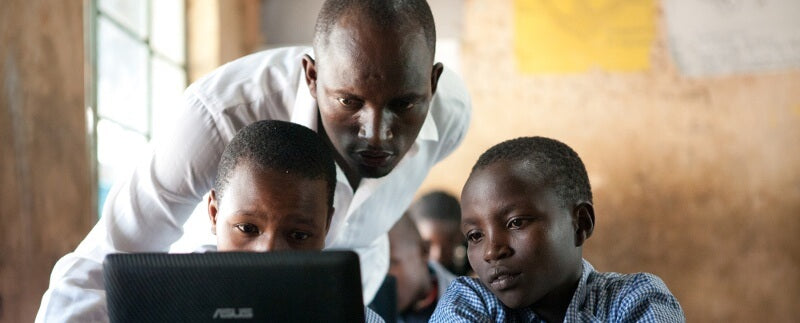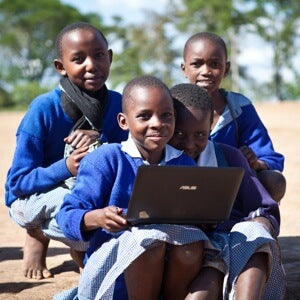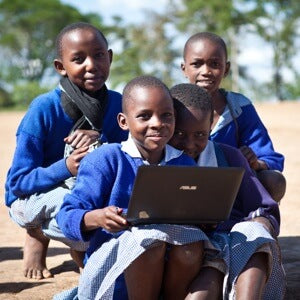Day 7
Three days of computer courses for a child in Tanzania
 Schools on the way to the 21st century
Schools on the way to the 21st century


Computer courses for children in Tanzania

need
IT infrastructure in schools
activity
The schools are equipped with hardware and software. Teachers are trained. Teachers and the schools receive long-term technical support.
Measurable performance
Number of students who were able to take computer courses
Result
Measurable increase in students' performance in the IT final exam and increase in the number of students who find a job thanks to the computer courses
Systemically relevant impact
Long-term improved educational and career opportunities, also for subsequent generations of schoolchildren.
background


The good deed
AboutTanzania
Dodoma
Capital city
44928923
Population
694.77 USD
Gross domestic product
per capita per year
152
Human Development Index
(Human Development Index)



